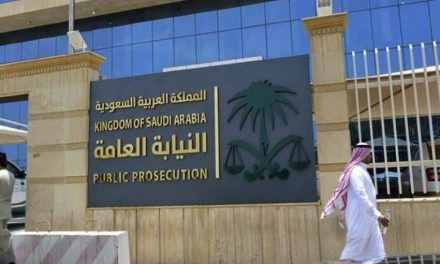
Telecommunication
23 July 2012. Huawei and ZTE Corp. were last month convicted on corruption charges and subject to a ban for two years in Algeria. The two companies were found guilty by a judge of corruption charges related to a tender for a state telecom contract, specifically for bribing executives at the state-owned telecom network Algérie Télécom. In addition to a two-year ban on participating in telecom bidding in the country, the two companies were fined 3 million dinar (US$30,000) each. In Kenya, Huawei was awarded a contract to build a US$71 million national fibre-optic infrastructure and e-governance project. The fibre-optic networks will link Nairobi, the capital, with eight major towns (formerly provincial headquarters) and 36 administrative district centres through local area networks connected to the national backbone. The project is expected to provide a reliable communication network for the government to interact with citizens both in rural and urban areas and improve decision making. A report released by the Communications Commission of Kenya (CCK) in June last year showed that less than 5 percent of people living in rural areas had access to the Internet even though the number of Internet users has risen to 10 million. In Kenya itself, controversy surrounds the bid award to the Pan African Network Group of China for the country’s digital TV signal distribution operations. Opposition Kenyan lawmakers accused the Kenyan government of flouting the tender process and knocking local companies out of the bidding process in favour of the Chinese company. The Chinese government is providing the financing through its Export Import bank (Exim) on condition that whole contract will be awarded to the Chinese firm. The Chinese government has financed several telecommunications project in Africa on conditions that the supply and installation contracts will be awarded to Chinese companies. As Western financial institutions are not willing to extend financial facilities to African countries, they have no choice but to seek out to Chinese companies for their infrastructure projects. Zimbabwe has signed a $200 million network upgrade deal with NetOne Zimbabwe. The NetOne project is also being funded by Exim Bank. State-owned NetOne plans to modernise its network and will deploy up to 2,000 new base stations. NetOne, burdened by ongoing losses, has been making a sustained effort to bring to market new data services. Huawei will carry out the network upgrade in addition to supplying the equipment.














